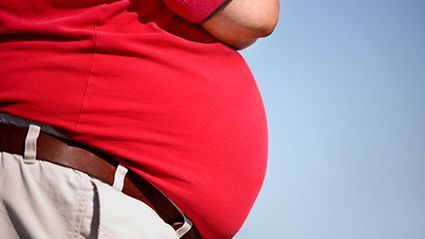
Serious cases of “long-haul COVID-19” are rare in patients who were not hospitalized after their infection, but these patients still report more doctor or health care visits after recovery,. Danish researchers report. The new six-month study found that COVID patients who were not hospitalized had small increased risks of blood clots and breathing difficulties. They… read on > read on >


















